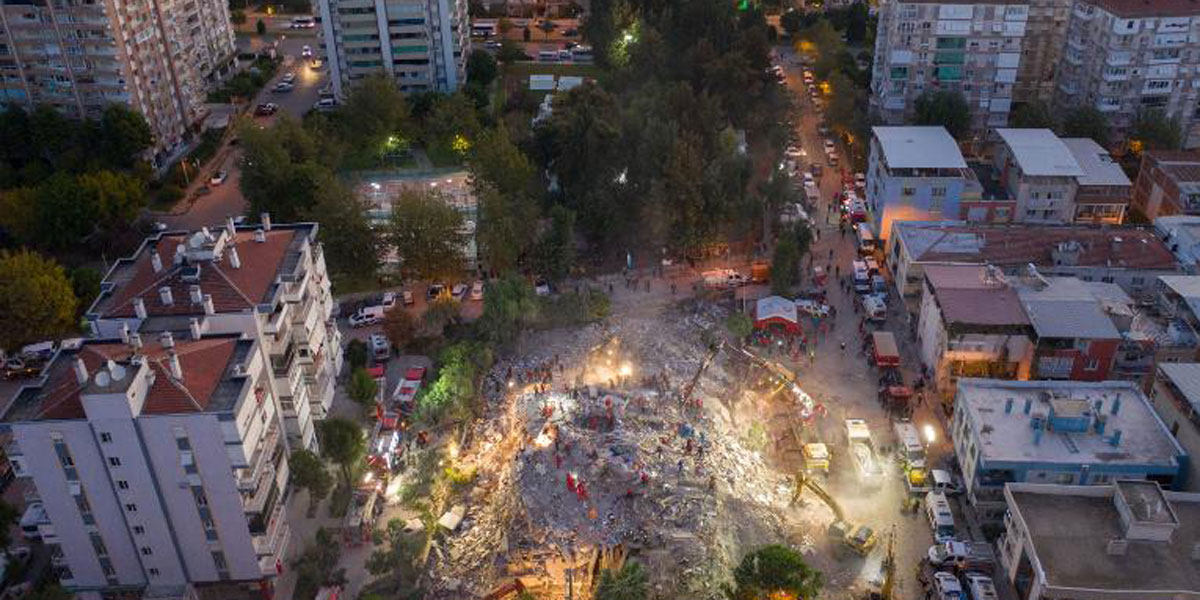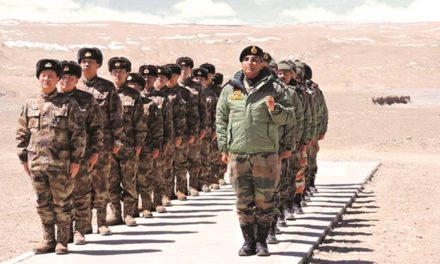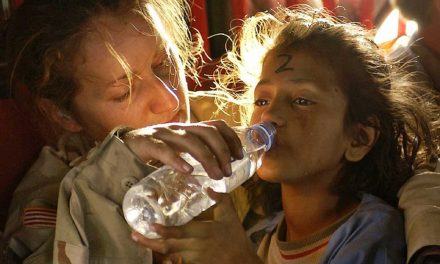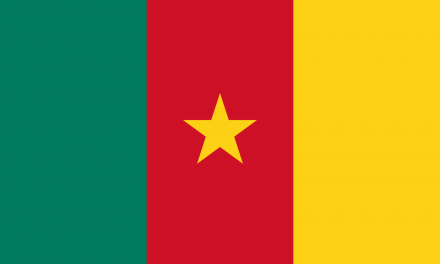On Friday, 30 October at 14:51 local time (11:51 GMT), a powerful earthquake struck 14km (9 miles) off the Greek town of Karlovasi on Samos Island. According to reports, it was felt as far away as Athens and Istanbul. Most of the damage occurred in Izmir, off Turkey’s Aegean coast, where the tremor sent many people running into the streets in panic and fear. Hundreds of aftershocks were felt in the hours after the earthquake struck.
Turkey’s disaster and emergency authority (Afad) said that the quake on Friday measured at 7.0 in magnitude, with around 407 aftershocks recorded overnight. More than 1,000 people were injured in the quake, and as of Monday, the overall death toll reached 81.
Thousands of people are believed to be homeless. Sener Akdemir, the vice president of the Izmir branch of the Republican People’s Party said, “The homeless include those whose buildings were destroyed or damaged, as well as those who are too afraid to sleep at home.”
According to Afad, more than 3,500 tents and 13,000 beds have been supplied to provide temporary shelter in Turkey, and nearly 8,000 personnel and 25 rescue dogs were involved in rescue and relief work.
Rescue efforts continue in Izmir
The earthquake-prone city of Izmir has many older buildings that are not yet quake-resistant. In recent years, regulations have been tightened to demolish cheap, old or illegally constructed buildings, however, it is not happening fast enough.
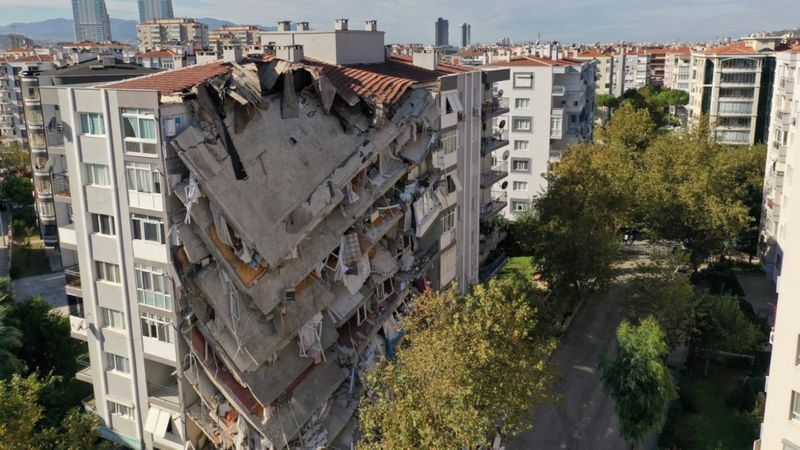
Read also: Climate Change Threatens World Heritage Sites
Dramatic scenes unfolded following the disaster as local people used their bare hands and chainsaws to cut through the wreckage to get to those trapped.
Yavuz Selim Köşger, Izmir’s governor, said overnight on Friday that more than 70 people had been rescued from partially destroyed buildings, with nine of 17 search and rescue sites cleared by early Saturday.
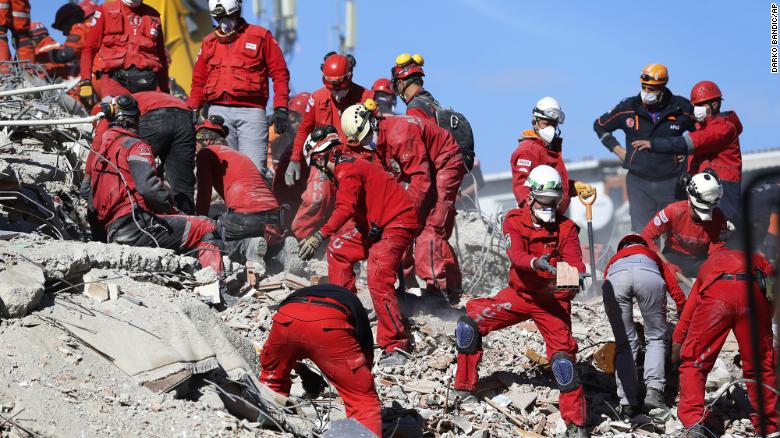
Despite escalating tensions (over hydrocarbon exploration in the eastern Mediterranean) between Turkey and Greece, Ankara said the foreign ministers of Turkey and Greece had spoken by phone and stood ready to help one another.
The Greek Prime Minister, Kyriakos Mitsotakis, called Erdogan to offer his condolences on Friday evening. “Whatever our differences, these are times when our people need to stand together,” Mitsotakis wrote on Twitter.
Turkey, which is among the world’s most seismically active zones, is crossed by fault lines and is prone to earthquakes. In 1999, two powerful quakes killed 18,000 people in northwestern Turkey.
Feature Image Credit: CNN
- World AIDS Day: Global Solidarity, Shared Responsibility - 1st December 2020
- The pandemic is taking a toll on expats in the UAE - 12th November 2020
- 5 Things you need to know about Kamala Harris - 9th November 2020

